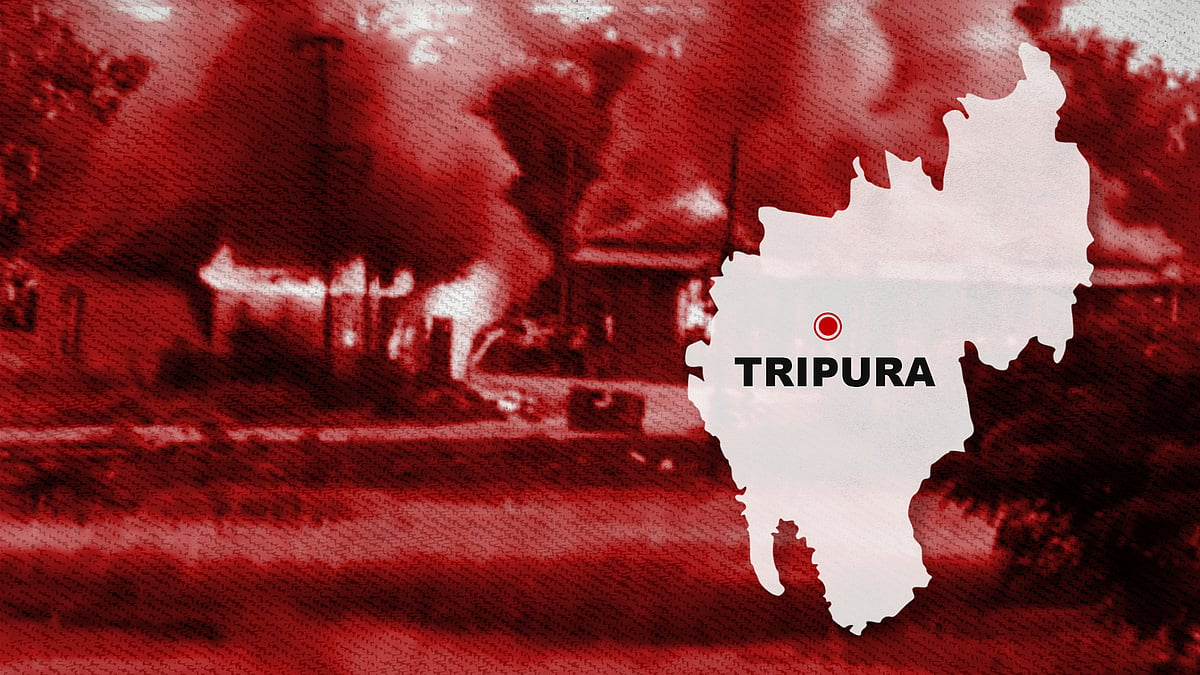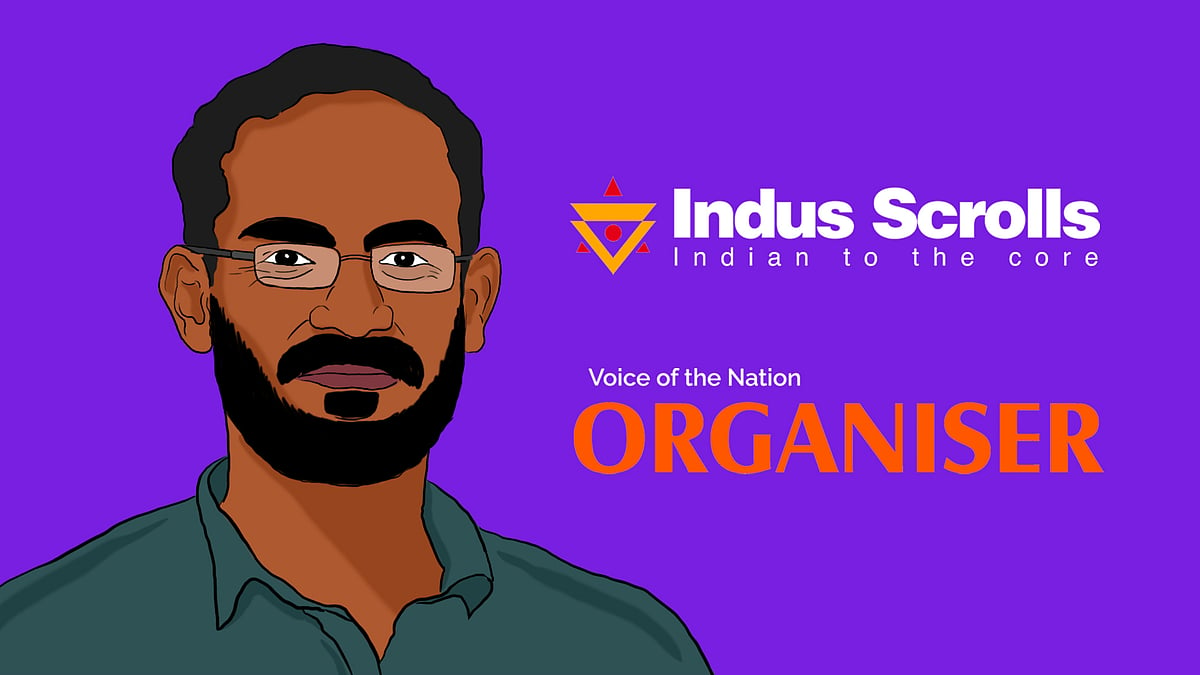Easy tool to suppress freedom of press: Editors guild condemns UAPA against journalists in Tripura
The guild has demanded a ‘fair investigation’ instead of penalising activists and journalists.
The Editors Guild of India has criticised Tripura Police’s decision to book 102 people under UAPA for speaking against the October 26 riots and violence in the state. Tweeting out their condemnation, the guild was “shocked” and called the use of Unlawful Activities (Prevention) Act for reporting and writing on the recent communal violence in the state “coercive”.
In their statement, the guild mentioned how UAPA was used for four lawyers from Delhi who had visited the state in aftermath of the violence under the banner “Lawyers for Democracy”. The “fact-finding” team was accused of “provocating” communal harmony and disseminating fake news as they claimed that “some Hindu organisations had unleashed violence in minority areas, and attacked mosques, and homes and shops owned by Muslims.”
Among those flagged by Tripura police on November 3, the guild picked out journalist Shyam Meera’s Tweet stating “Tripura is burning.” They called the repeated use of UAPA a “disturbing trend”.
“Such a harsh law, where in the processes of investigation and bail applications are extremely rigorous and overbearing, is being used for merely reporting on and protesting against communal violence,” the association said.
The statement noted this was an attempt by the state government to “deflect away attention from their own failure” while trying to control a case of majoritarian violence against a minority community.
Their statement comes after Tripura police served a notice through Twitter’s online Law Enforcement Request system to block 102 handles, which he said were spreading “objectionable news items/ statements” about the recent clashes and alleged attacks on mosques in the state.
In their defence, a member of Tripura police told the Indian Express that “communal propaganda on social media had been found to have a ‘one-to-one correlation’ with the visit and briefing of the Supreme Court lawyers,” and the accounts booked are guilty of amplifying this propaganda and fake news.
The guild has demanded that the Supreme Court of India must take cognisance of such instances so that UAPA doesn’t become a government tool to suppress freedom of speech and expression of the press.
 Tripura violence: With no Hindu-Muslim riots in decades, what led to the recent attacks in the state?
Tripura violence: With no Hindu-Muslim riots in decades, what led to the recent attacks in the state? Siddique Kappan’s chargesheet: The curious case of G Sreedathan and a source called WhatsApp
Siddique Kappan’s chargesheet: The curious case of G Sreedathan and a source called WhatsApp
